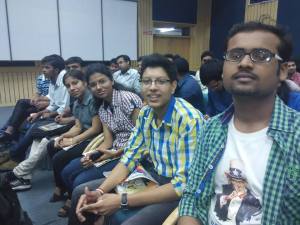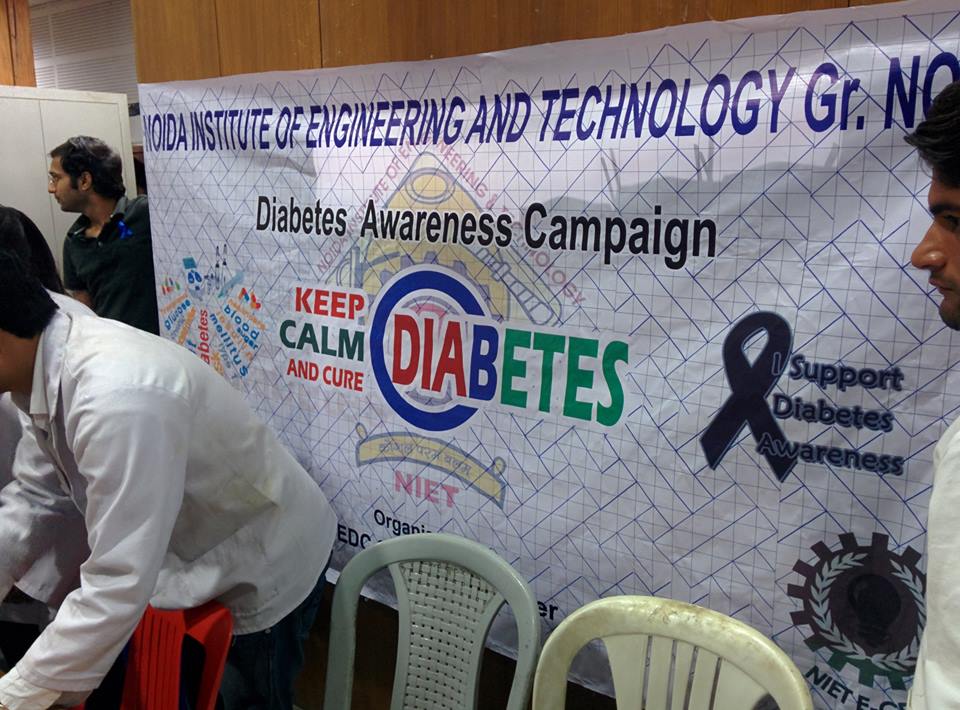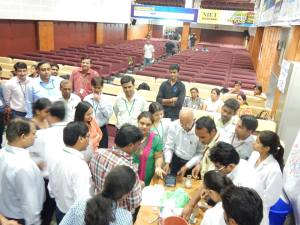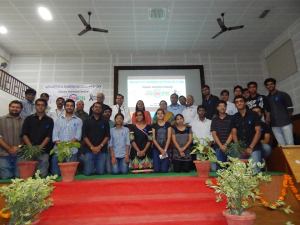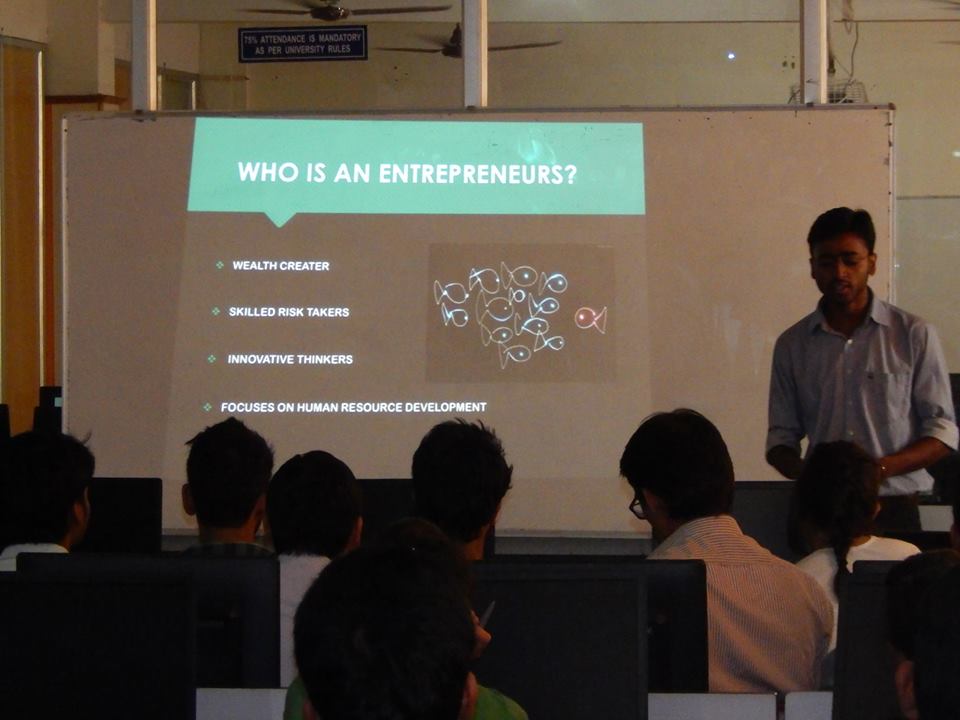It is the goal of every business to make the best of their marketing investment. Not exactly breaking news. When it comes to launching a new product, having a solid marketing strategy will not only effectively engage your current customers, but also make an attractive appeal to potential customers.
However, promoting a new product is never easy.
Because how you market or promote your product launch is going to affect its sales, marketers must employ a variety of marketing techniques to ensure that the right message is communicated through the right medium, and to the right audience.
For those CMOs that want to maximize their product launch promotional efforts with the least dollar spent, here are a few creative but powerful ways that will steer you to a strong product launch promotional campaign:
-
Host a Giveaway on Online-Sweepstakes.com
Giveaways can be an easy marketing strategy to promote your product launch, and in a relatively short amount of time too. Everyone loves to receive free gifts; as a result, giveaways tend to generate quite a large amount of responses. Margarita Hakobyan, CEO of MoversCorp points out, “While giveaways have their drawback of attracting people with little interest in your company besides the free goodies, the strategy itself is one with immense potential especially if you create your sweepstakes with clear objectives and requirements.”For example, you can give people bonus entries for sharing the sweepstakes on social media. You can tell people to go like your Facebook page, view a video, or subscribe to your newsletters. Whatever parameters you wish to establish, keep the instructions simple and make sure that you can establish some levels of communication with your sweepstakes participants.
-
Utilize Crowdfunding Platforms like Kickstarter, Indiegogo or Tilt
The crowdfunding industry has grown to be an over $5.1 billion industry in 2013. The practice of funding a project, a venture, or a cause has become increasingly popular that it creates a win-win situation for you to not only promote your product, but also receive some generous financial supports to further your product development. When embarking on a crowdfunding campaign, it is important for you to understand the mindset of your potential supporters.
“In the new world of crowdfunding, to succeed you need to first interview or survey customers extensively to ensure they believe in and understand crowdfunding.” Even if crowdfunding is a viable or even widely-accepted option in your market, the way you explain and promote your product can decide the success of your crowdfunding campaign.
-
Create a Teaser Campaign on Facebook
Create a teaser campaign on Facebook even before the actual conception of your product. A teaser campaign sends a message to the social media world that something exciting is about to happen. Even if you do not end up creating the exact product you have originally hoped for, you have probably developed relationships across social channels, giving you a great opportunity to take the launch process to an entirely new level.
Update your teaser campaign with interesting, creative, and informative updates/posts. Behind the scenes videos are also popular for its effective audience engagement.
-
Use Fiverr.com to Create Inexpensive Ads
Visually appealing ads attract attention. Instead of spending hundreds on ad creation itself, you could order quality ads for as low as $5! As a global online marketplace, many websites offers services and products that range from graphics and design to online marketing. The freelancing marketing services include ad creation, infographic design, video animation, and much more. The transparency of buyer’s reviews will also help you to choose the right seller and receive quality service that begins at the low price of $5.
-
Find Influencers to Talk about your Product
There are authoritative figures or influencers who are well-respected in your target market. Influencers have lots of followers, subscribers, and fans who quickly answer to any endorsement and recommendations. As Penny Baldwin, CMO at McAfee, says, “80% of the Internet’s impressions are driven by just 6% of its users.”
The article published on Forbes.com continues to explain that using influencers to talk about your product is a trust-based campaign, and “those chosen as brand influencers must have the ability to deliver meaningful content that drives brand sentiment within their community upwards.”
While asking your influencers to talk about your products on their blogs/websites as well as their social media is a smart first step, using services will enable your influencers to outreach a morediverse audience. Because both of the services feature influence campaign and rates online content producers with scores, people tend to view the content promoted on those sites as more authoritative. Your product launch effort will experience a generous boost because the people who promote your product are talking about your product in a credible online community.



















